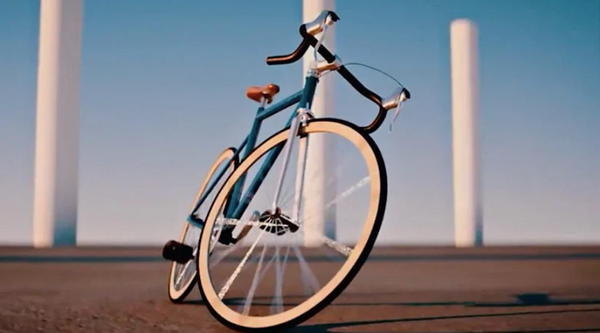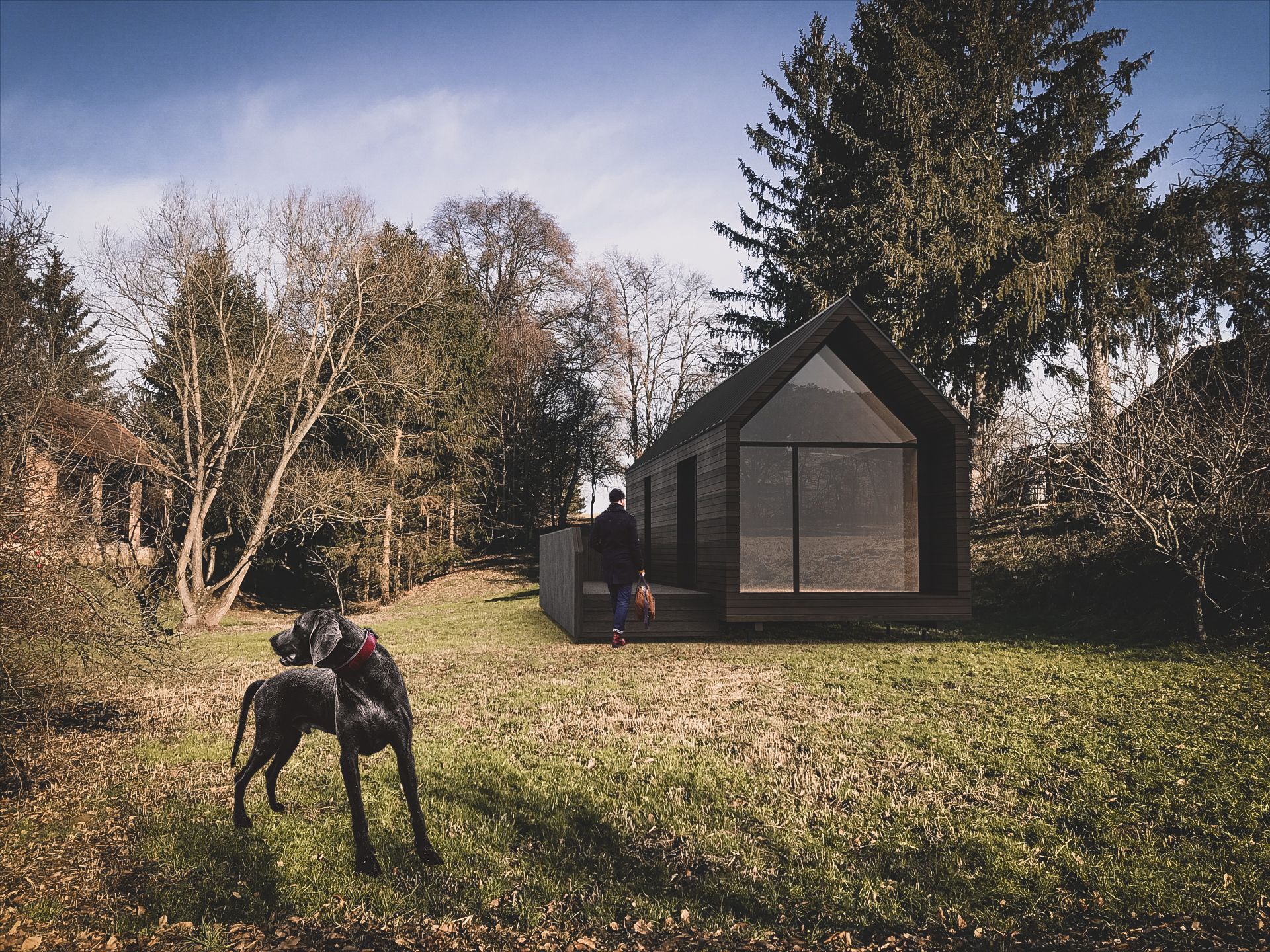Various architectural projects, festivals, summer camps—just a few items from the professional portfolio of Hello Wood that have been heavily influenced by the coronavirus situation. The Hungarian team, known primarily for its community wood installations, did not back down despite the adversity, and in fact, their self-designed cabins are becoming more and more popular. András Huszár, co-founder and CEO of Hello Wood, talks about the new ways the pandemic opened up for the team.
It’s now been more than a year that we are forced to live together with the changes caused by the pandemic. How has the coronavirus affected your business?
The situation caused by the coronavirus has brought changes to us as well, but as we treat the problems in our camps more as tasks and challenges, we have managed to react quickly to this situation too. We adhered to our previous strategic plan, but the pandemic made it necessary to shift the focus within our business and strengthen our activities that could be effective despite the epidemic situation. We have successfully launched our ongoing scaling up, focusing on larger-scale architectural projects such as the upcoming Normafa educational canopy trail or the winning architectural design competition from Mathias Corvinus Collegium (of which we previously wrote about—the Ed.)
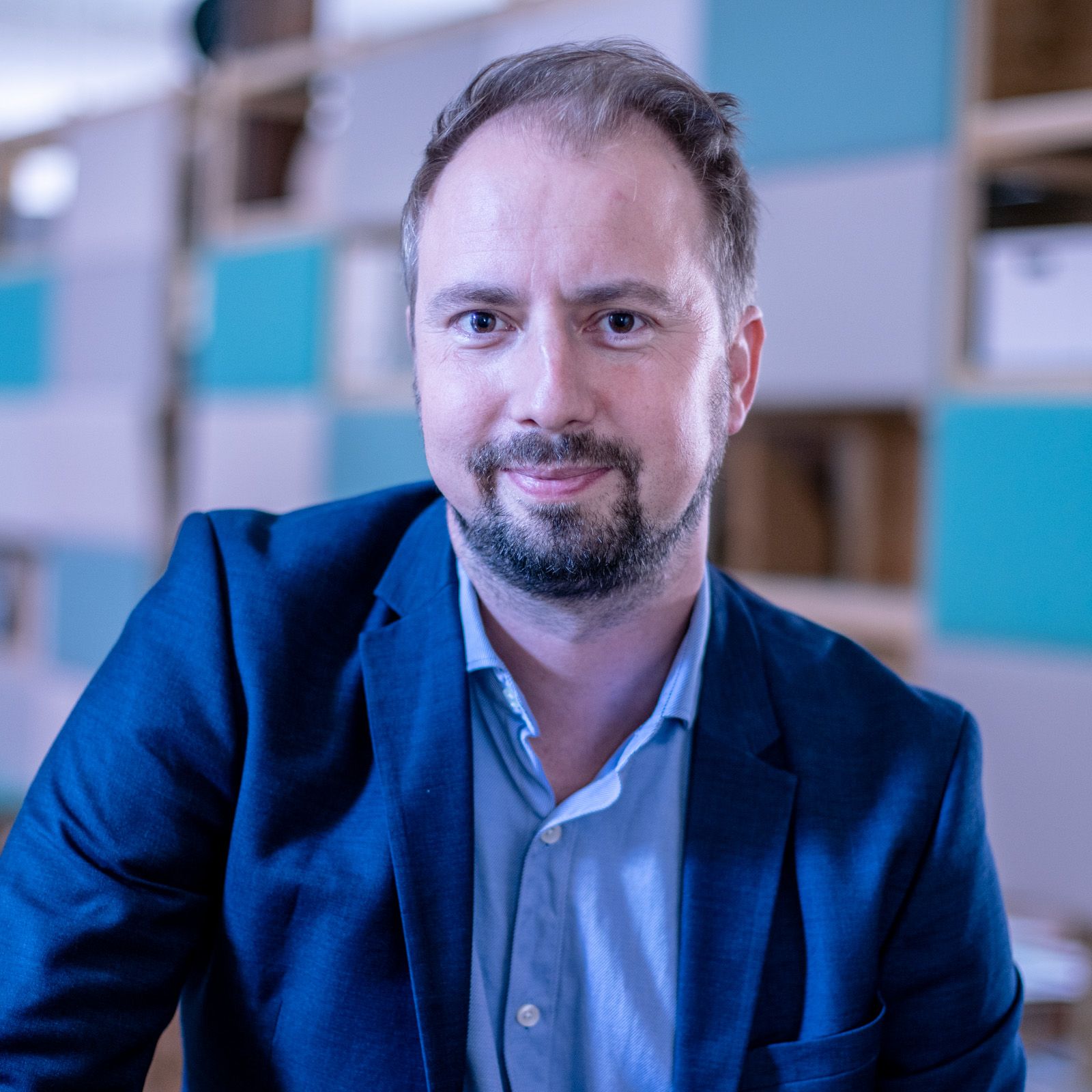
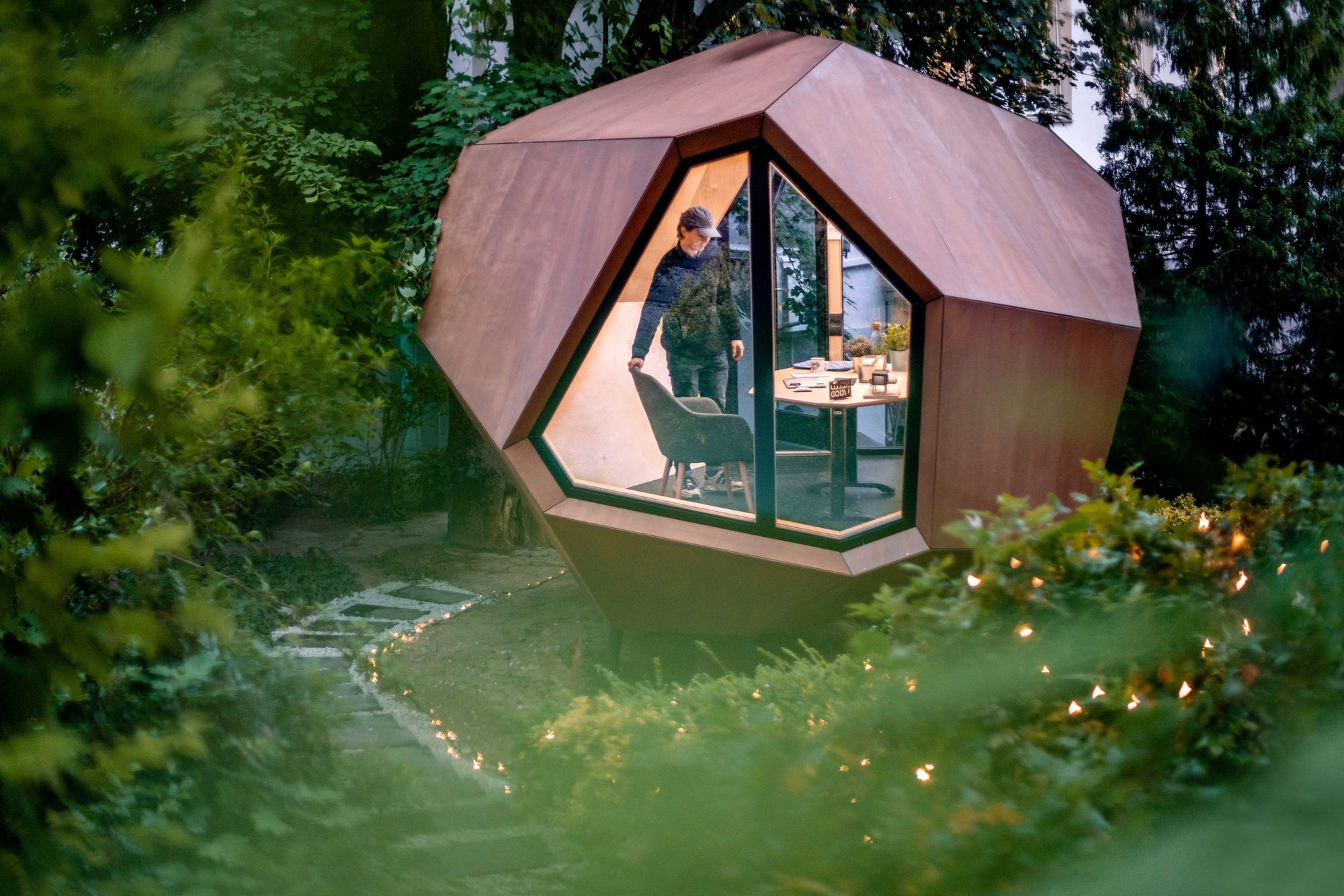
The part of Hello Wood , which can be connected to events, has been temporarily reduced by the fact that events and festivals were canceled, for example, the Colosseum at the Sziget Festival was not built, but our Swiss pop-up restaurants also remained in the warehouse. However, last year we introduced our new cabin products, the Kabinka and the Workstation, which stirred up the market of “prefabricated houses”. Demand for Hello Wood cabins has grown steadily in recent times, with personalized houses being built nationwide. We have introduced products to the Hungarian market that were in demand even before the coronavirus, but the past year has intensified the desire of many to own such a small house. We were also able to continue our educational projects, so neither the children’s camp nor the Hungarian architect’s creative camp were left out, but in both cases the topic was significantly shaped by the pandemic situation.
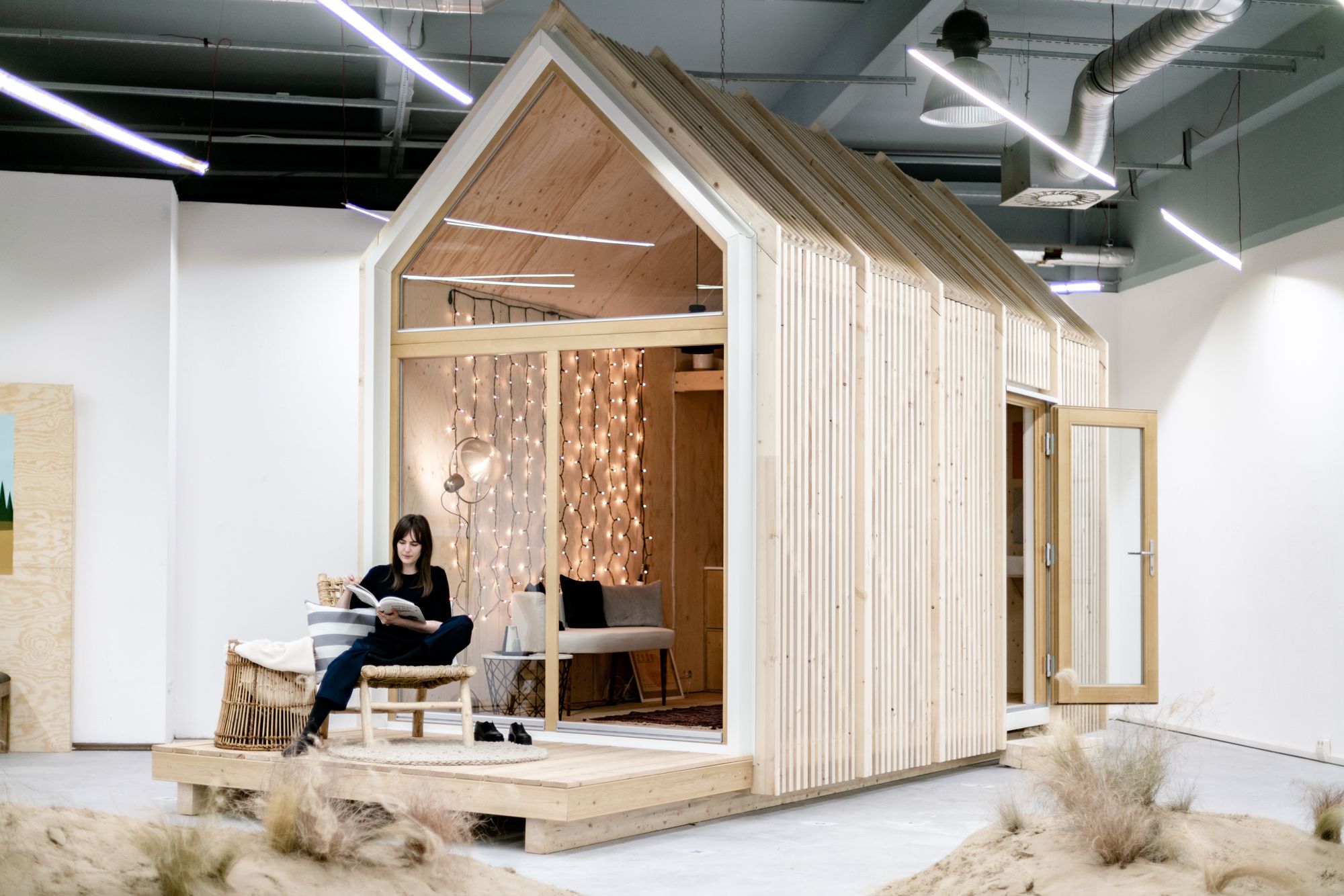
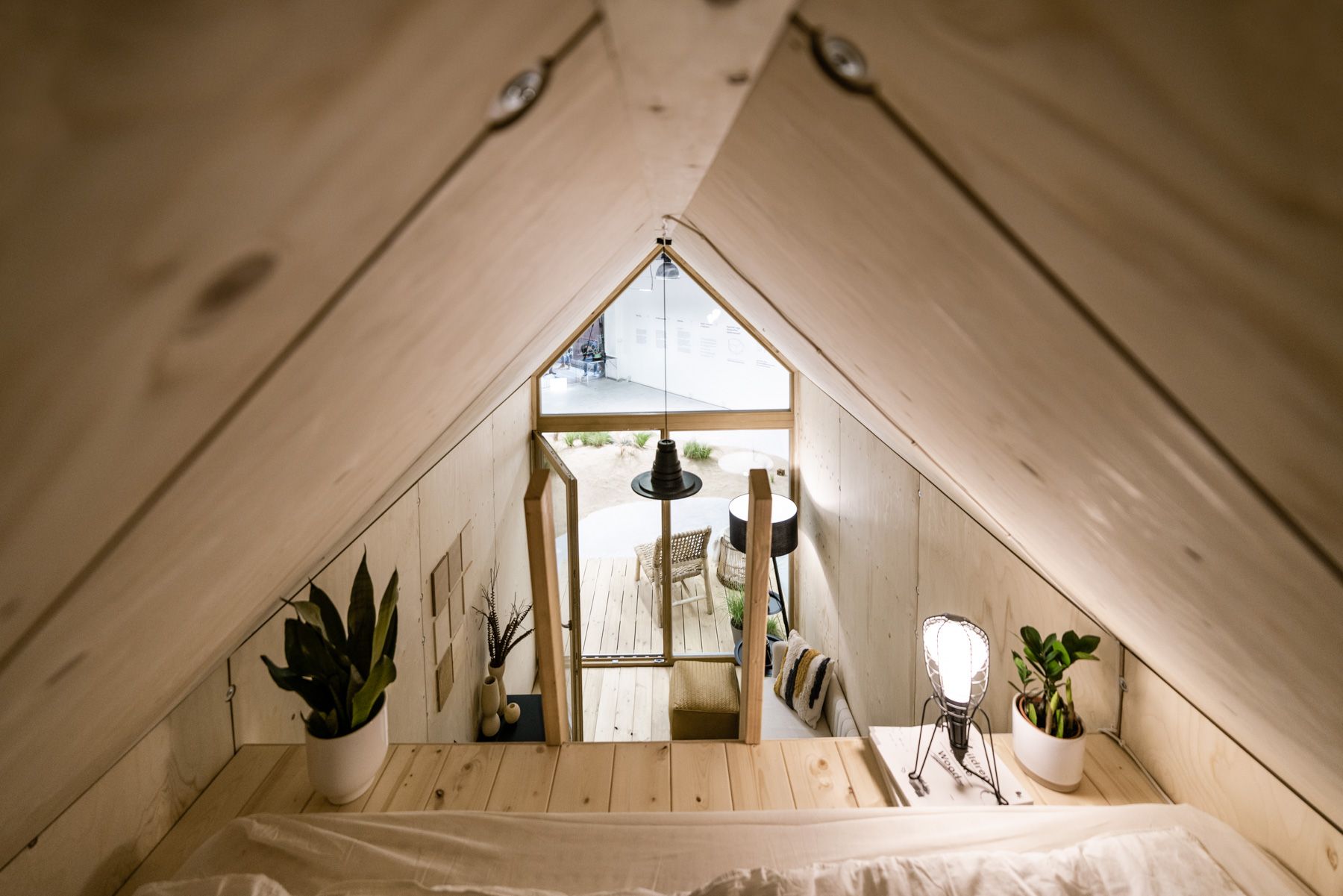
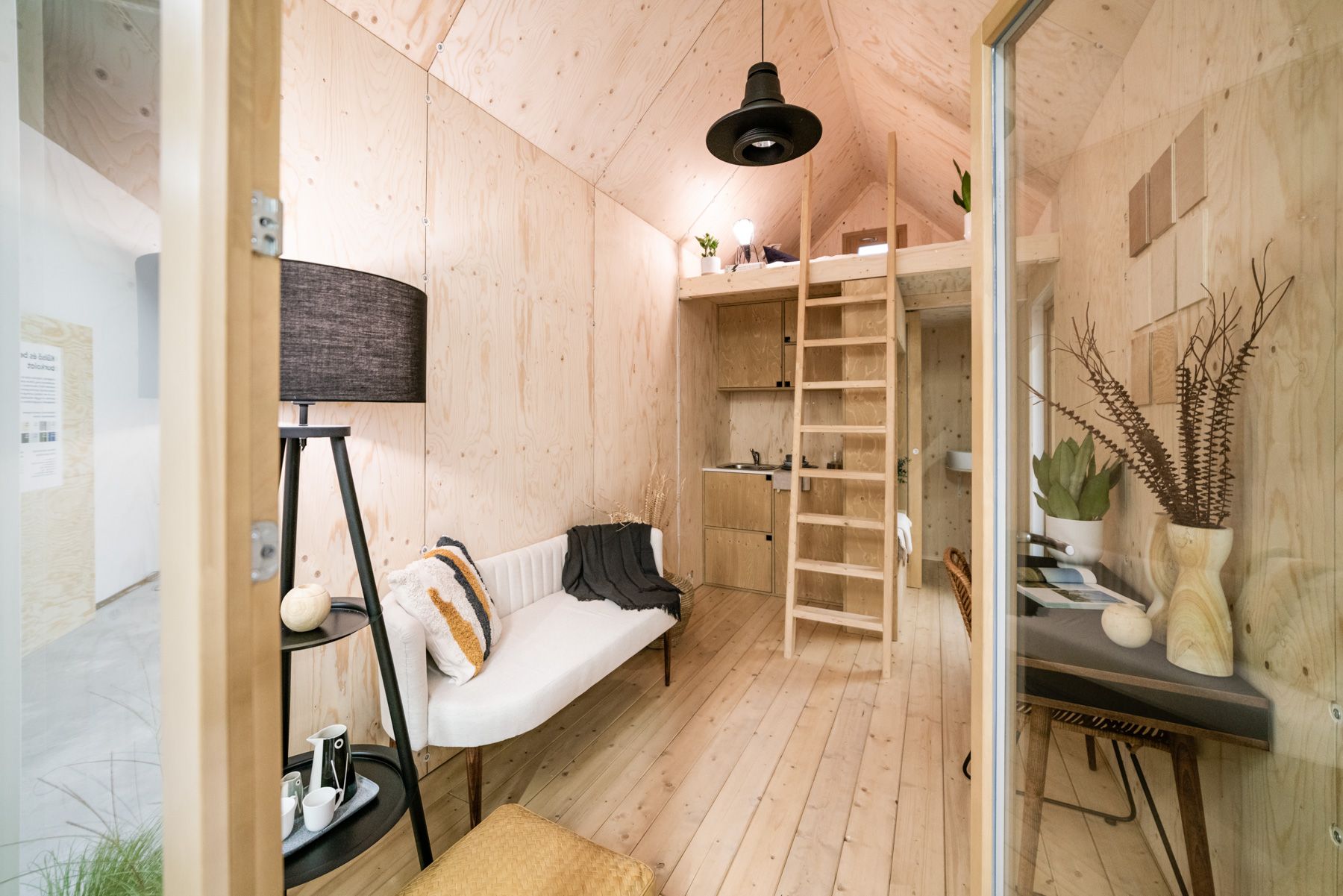
If you’ve learned something from the pandemic, what was it?
Looking back, I can say that the pandemic had a forward-looking effect on Hello Wood, we looked for new ways, solutions, sales channels and we found them successfully. The motivating event of this period was that we were approached with several large-scale projects, which predicts the success of Hello Wood’s scaling up, but it is difficult to speak with peace of mind about a pandemic because many have lost their relatives or jobs.
The coronavirus epidemic has strengthened us in our ability to regenerate, shift focus and adapt to unexpected situations even in crisis.
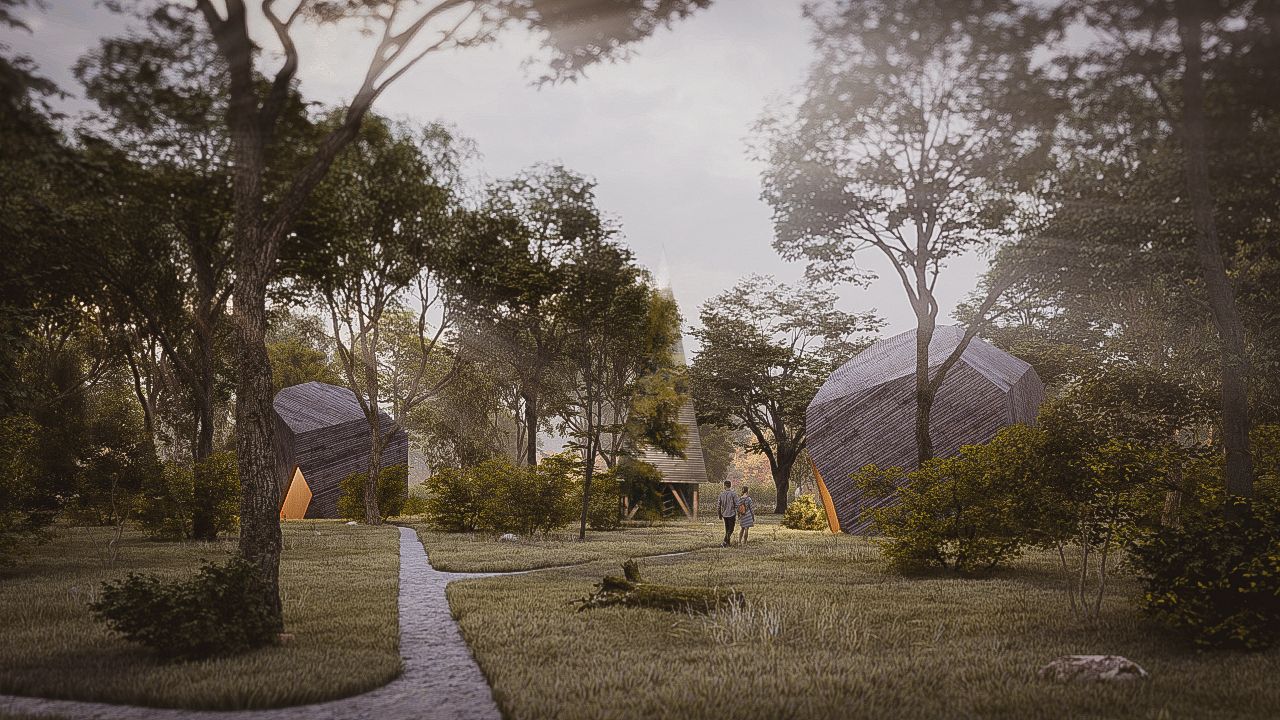
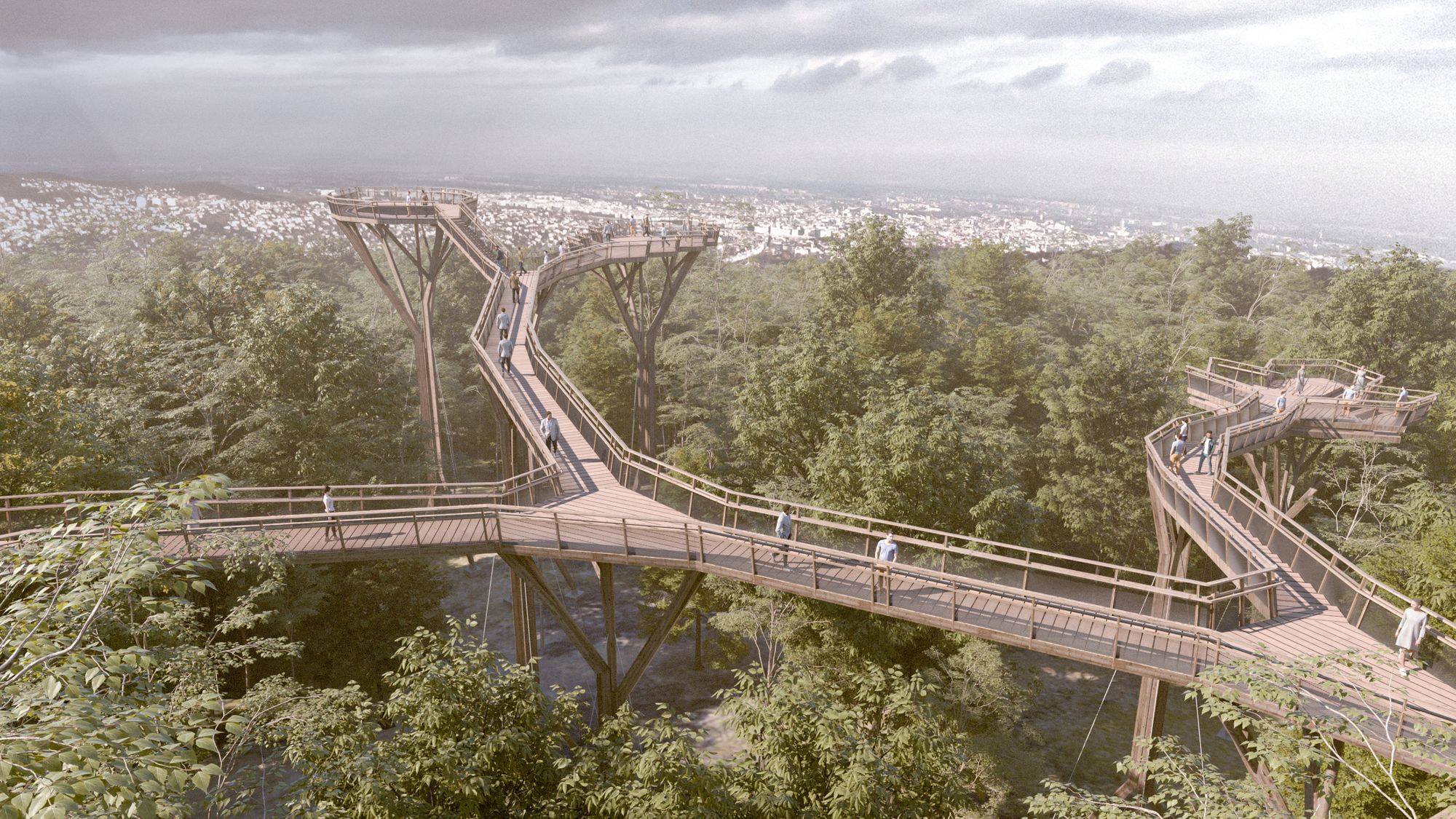
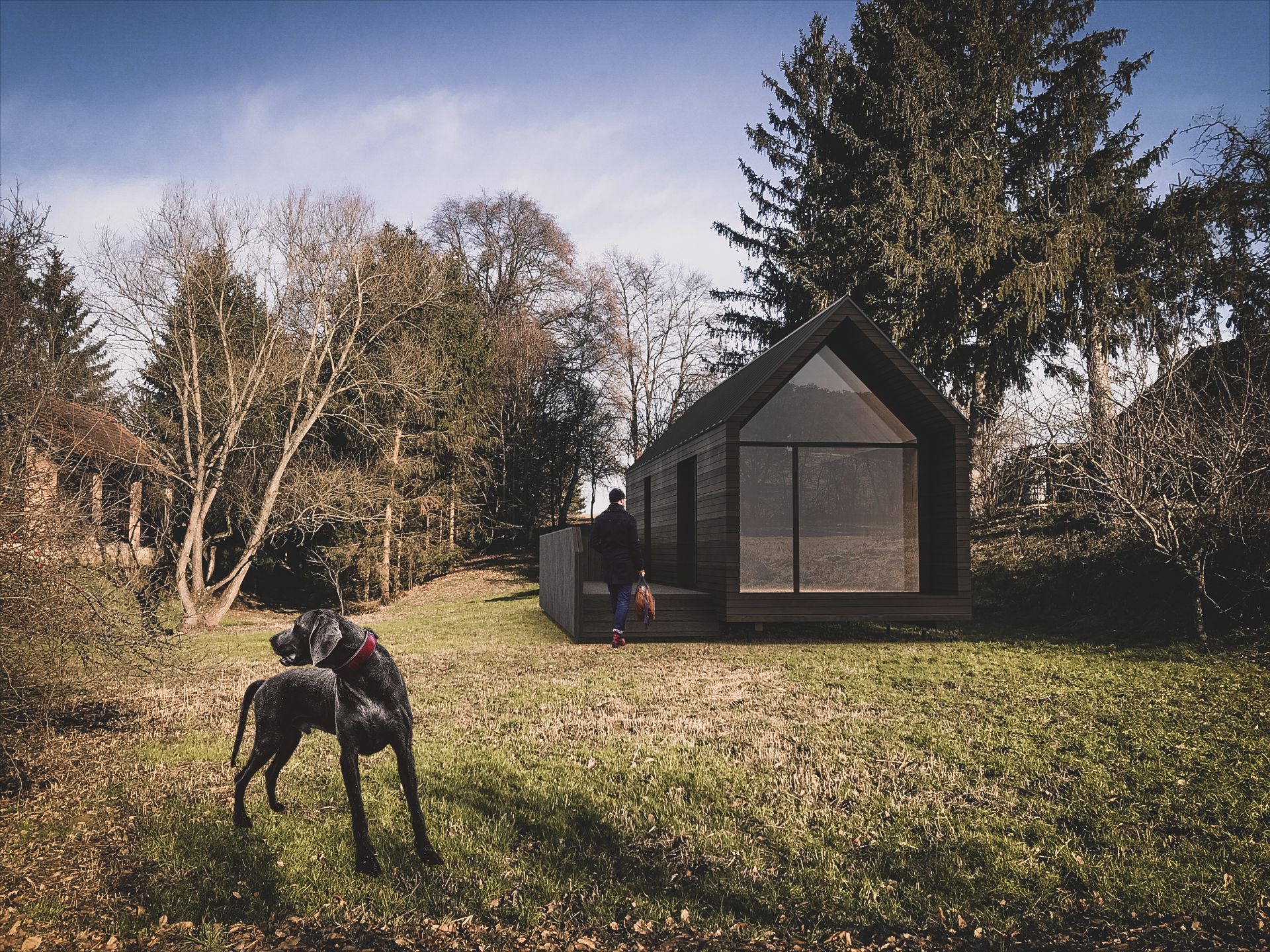
Photos: Hello Wood, Zsuzsa Darab
Hello Wood | Web | Facebook | Instagram
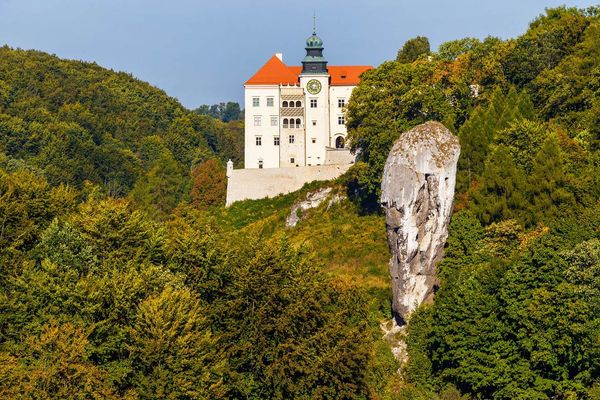
In the magical landscapes of Poland | Ojcowski National Park
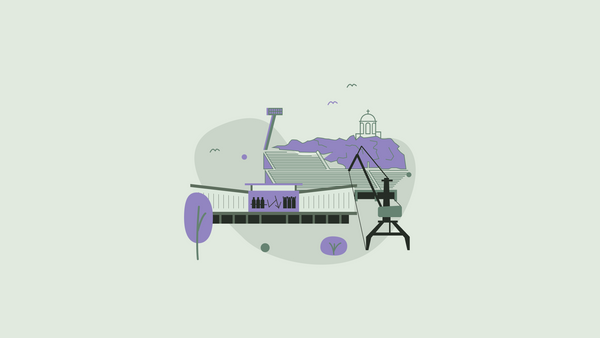
East by MADA_Belgrade | 5 places worth exploring
